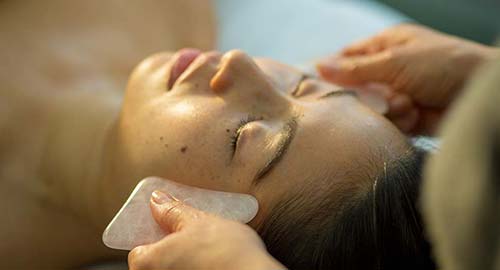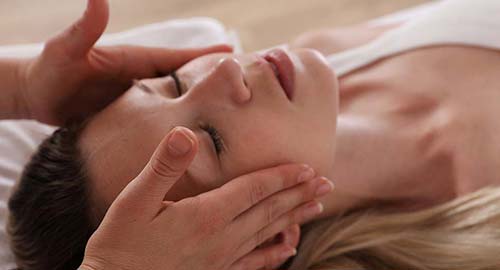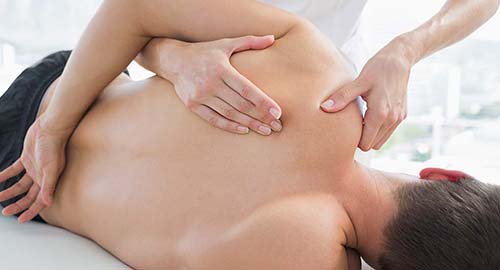Today, 18th October, is World Menopause Day.
World Menopause Day aims to increase awareness of the menopause and the support available.
What is Menopause?
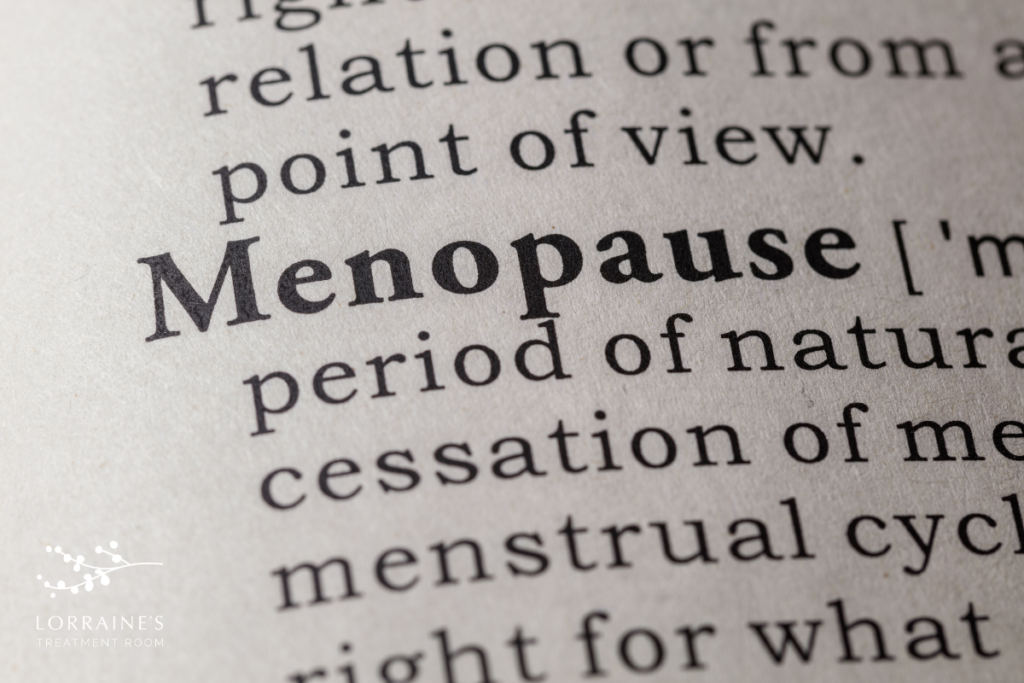
A woman is considered menopausal when she hasn’t had a period for 12 full months.Infact, The Menopause Charity defines it as the single day when you have not had a period for 12 months; after this one day, you are post menopausal.
What Age will I be Menopausal
The average age to become menopausal in the UK is 51.
However, some ladies will have an early menopause – under age 45. Early menopause might be triggered by some underlying health conditions or as a result of receiving treatment for cancer.
Surgical menopause is where you have your ovaries removed – you will immediately go into menopause.
Many people describe themselves as menopausal when they start experiencing symptoms such as hot flushes, erratic menstruation, alterations in their mood and a whole host of other signs. This is infact perimenopausal, also known as your menopause transition period.
My last blog looked into perimenopause, the symptoms you may experiencing and self-help suggestions. You can read this here /its-world-perimenopause-day-are-you-experiencing-perimenopause/
Menopause and Bone Health
This year’s World Menopause Day theme is bone health.
Oestrogen is essential for the formation of healthy bones. When oestrogen levels drop after the menopause, this can lead to a decrease in bone density and an increase in the risk of osteoporosis.
Haitham Hamoda is Consultant Gynaecologist and Lead for the Menopause Team at King’s College Hospital as well as being Chairman of the British Menopause Society. He discusses bone health and the advantages and risks of HRT in a short, informative video which you can see here.
Menopause – HRT or the Holistic Approach?
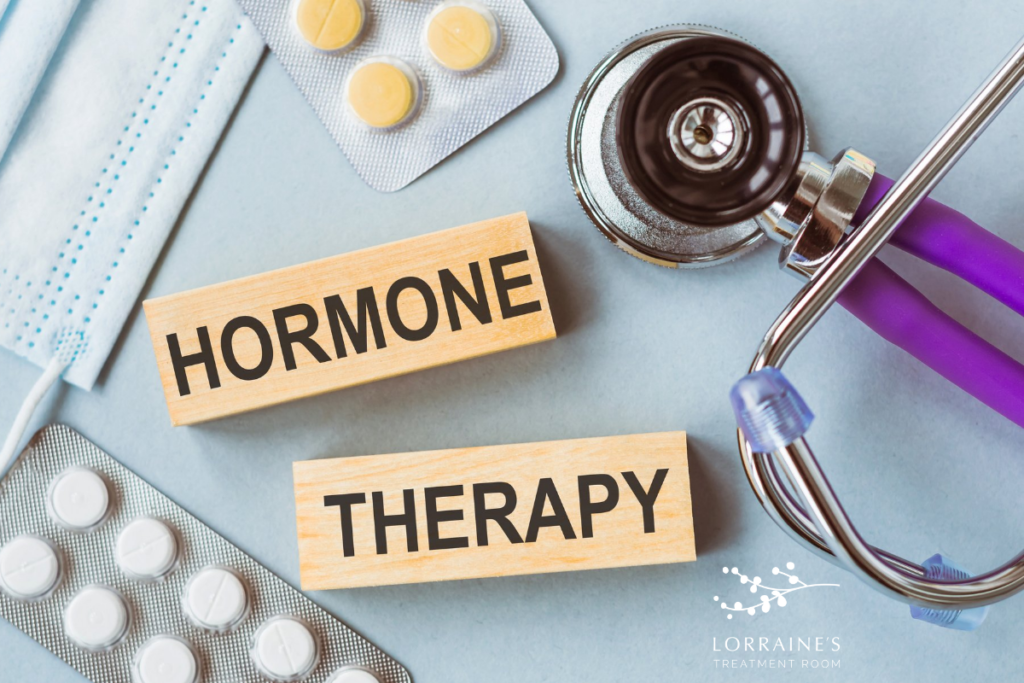
Haitham Hamoda advises that HRT is the first choice of treatment for osteoporosis in women under 60.
HRT can help manage your menopausal symptoms and improve your quality of life. HRT has also been shown to reduce cardiovascular disease.
Whilst for most women, the benefits of HRT are believed to outweigh the risks, it is recommended that you discuss your individual case with your medical expert as well as doing your own research.
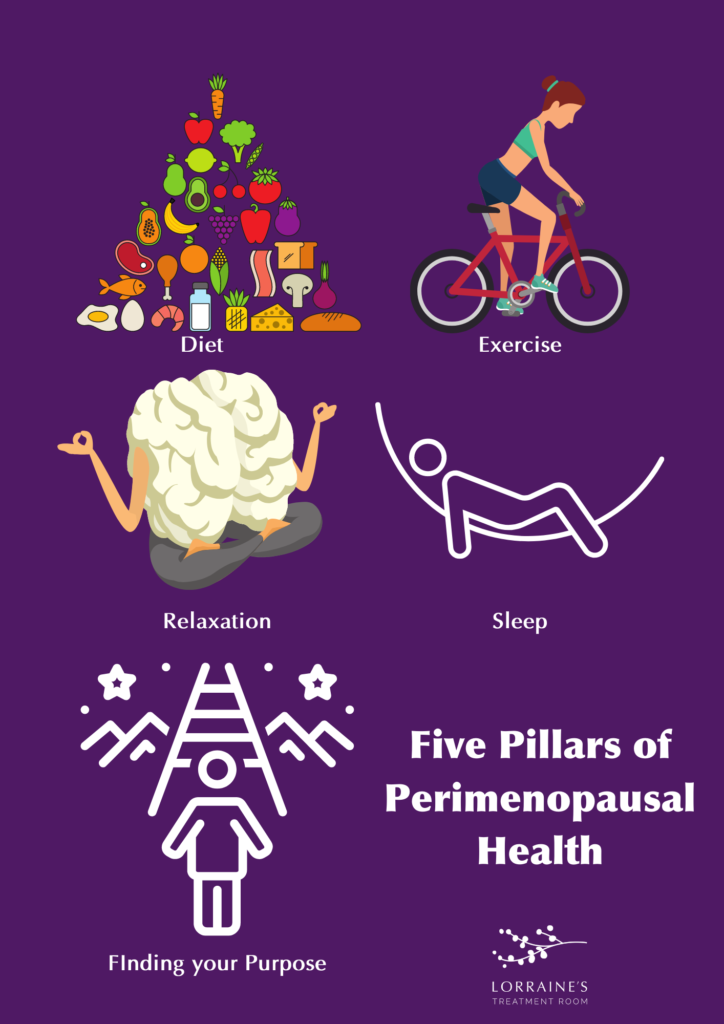
You may, however, prefer a more holistic approach with lifestyle changes such as healthier diet choices, ceasing smoking, reducing intake of sugar and other stimulants, increasing your exercise, implementing a sleep routine and making time for you.
A quick search will produce lots of information. One site with lots of information is The Menopause Charity.
Flo Health mentions a number of essential oils that can help you during your menopause transition period and there have been a number of studies carried out showing that reflexology can help reduce depression in menopausal women, reduce hot flushes and improve sleep quality, and decrease anxiety and depression.
Sally Earlham is a renowned reflexology specialist and creator of Reflexology for Menopause – this unique course looks at the menopause, reflexology research, lifestyle factors for easing menopausal symptoms and focused reflexology techniques aimed at supporting your body through this time of transition.
I am delighted to be a qualified Menopausal Reflexology Practitioner. If you would like to know more about this treatment, please visit /complementary/#Reflexology or contact me.
Menopause and You
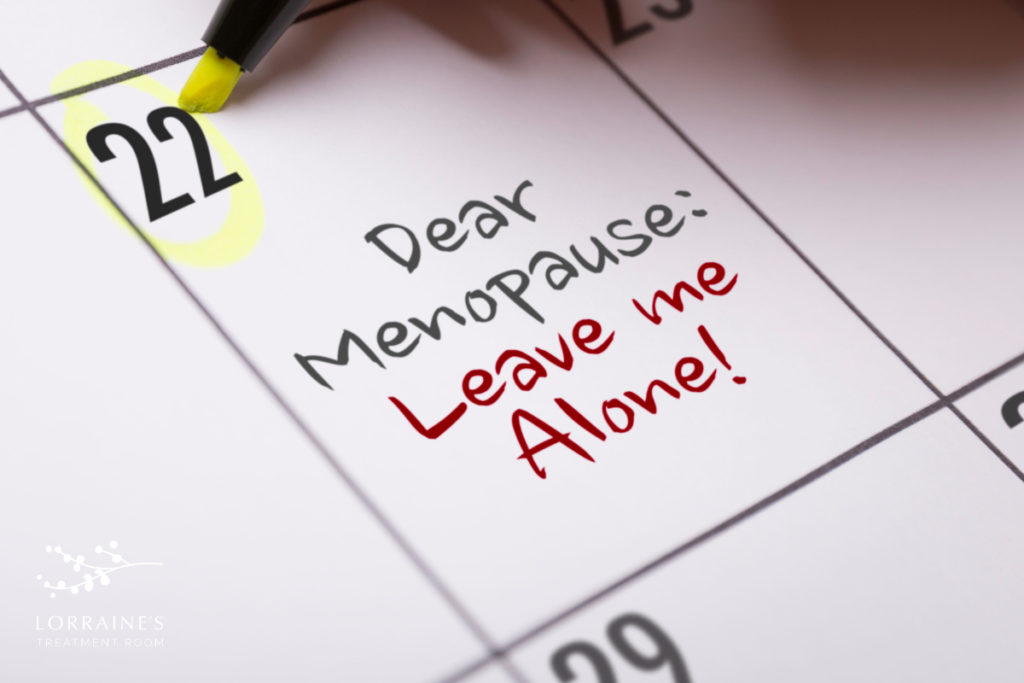
Your menopause experience will be as unique as you are.
Whilst the symptoms may be unwanted, please remember that this too will pass.
Perimenopause and menopause are natural processes. This is a great time to reflect and reframe and think about what you would like moving forward to the next stage of your life.

